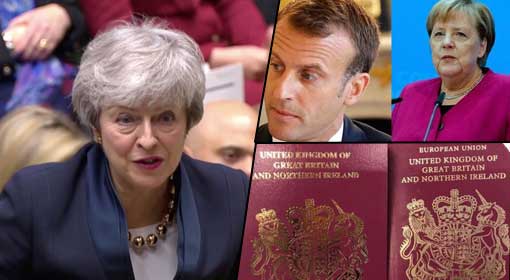Brussels: In the wake of the Russia-Ukraine conflict, the Eurozone, a part of Europe, has witnessed a record spike in inflation. Eurostat reported that in June, the Eurozone recorded an inflation rate of 8.6 per cent. This is the highest level since the Eurozone was formed. After the outbreak of the Russia-Ukraine conflict, it was revealed that the rising fuel prices were the main reason for the rise in inflation. The Eurozone’s economic growth is also slowing because of rising inflation, signalling a worsening recession.
 In the European Union, the group of 19 countries that use the ‘euro’ currency is known as the ‘Eurozone’. These include leading European Union countries like Germany, France, Italy, Spain, Portugal, Austria, Denmark, Netherlands, and Belgium. These countries are known as the backbone of the European economy. Along with these countries, the Baltic states and Eastern European countries seem to be the worst hit by inflation. According to Eurostat, the highest inflation rates were in Estonia (22 per cent), Lithuania (20.5 per cent) and Latvia (19 per cent). Slovakia follows it at 12.5 per cent and Greece at around 13 per cent.
In the European Union, the group of 19 countries that use the ‘euro’ currency is known as the ‘Eurozone’. These include leading European Union countries like Germany, France, Italy, Spain, Portugal, Austria, Denmark, Netherlands, and Belgium. These countries are known as the backbone of the European economy. Along with these countries, the Baltic states and Eastern European countries seem to be the worst hit by inflation. According to Eurostat, the highest inflation rates were in Estonia (22 per cent), Lithuania (20.5 per cent) and Latvia (19 per cent). Slovakia follows it at 12.5 per cent and Greece at around 13 per cent.
 The rising fuel prices due to the Russia-Ukraine conflict have been a leading factor in inflation. Fuel prices in the Eurozone rose by more than 41% in June. Food prices have increased by 8.9 per cent, while industrial goods prices have gone up by 4.3 per cent. Against the backdrop of this record rise in inflation, the European Central Bank has signalled an increase in its interest rates. The European Bank has kept interest rates negative since 2014. However, the European Central Bank (ECB) has indicated that it may need to raise interest rates to curb inflation.
The rising fuel prices due to the Russia-Ukraine conflict have been a leading factor in inflation. Fuel prices in the Eurozone rose by more than 41% in June. Food prices have increased by 8.9 per cent, while industrial goods prices have gone up by 4.3 per cent. Against the backdrop of this record rise in inflation, the European Central Bank has signalled an increase in its interest rates. The European Bank has kept interest rates negative since 2014. However, the European Central Bank (ECB) has indicated that it may need to raise interest rates to curb inflation.
 Inflation has been consistently increasing in the Eurozone for the last few months. Before the start of the Russia-Ukraine conflict, European countries were hit by the Coronavirus pandemic and the global supply chain disruptions that it caused. Financial institutions and analysts had hinted that the economy would pick up speed once it came out of the pandemic. But the Russia-Ukraine conflict seems to have shattered Europe’s economic equations.
Inflation has been consistently increasing in the Eurozone for the last few months. Before the start of the Russia-Ukraine conflict, European countries were hit by the Coronavirus pandemic and the global supply chain disruptions that it caused. Financial institutions and analysts had hinted that the economy would pick up speed once it came out of the pandemic. But the Russia-Ukraine conflict seems to have shattered Europe’s economic equations.















